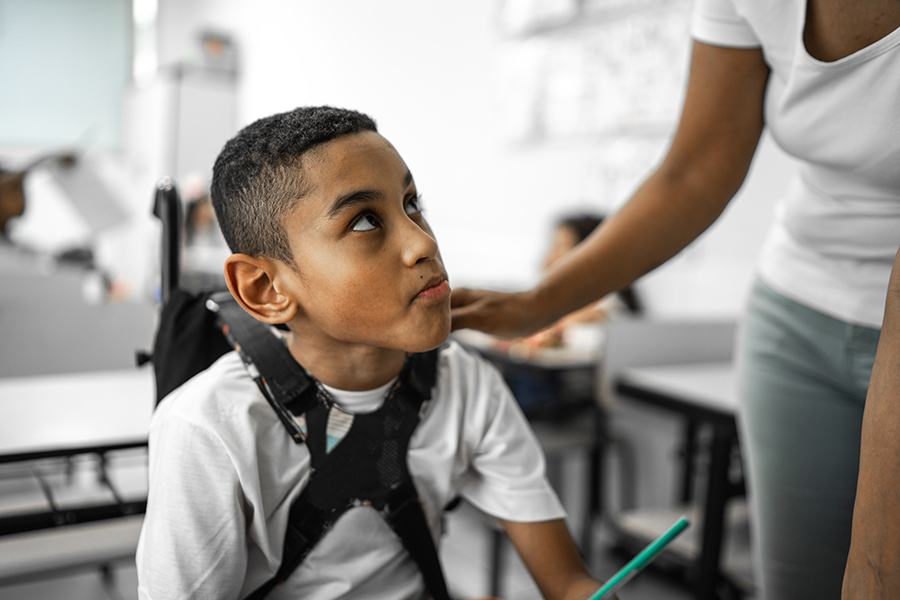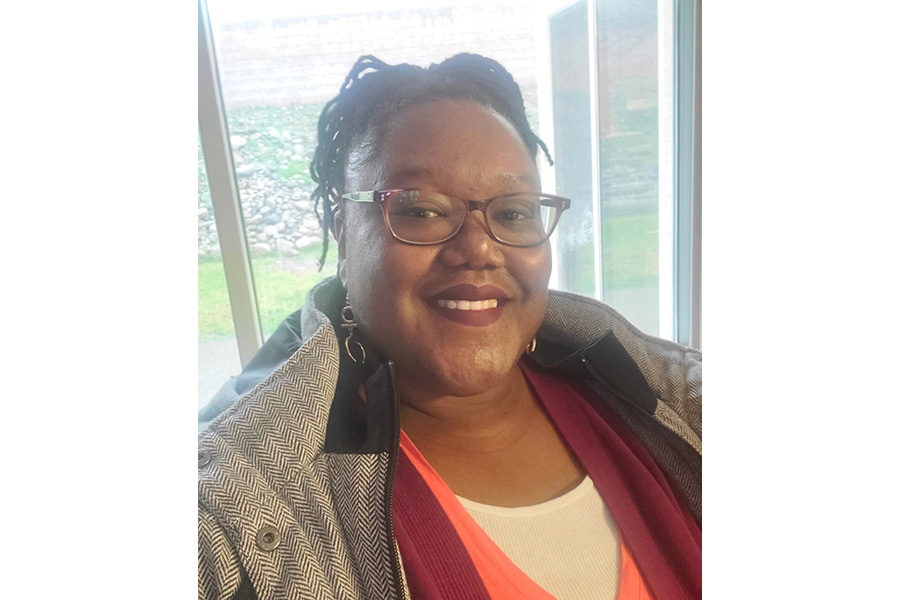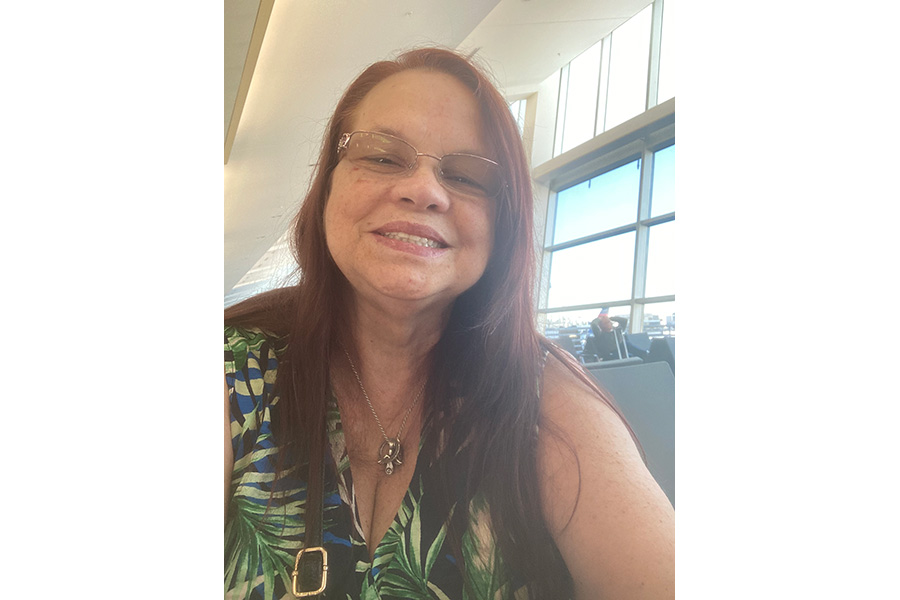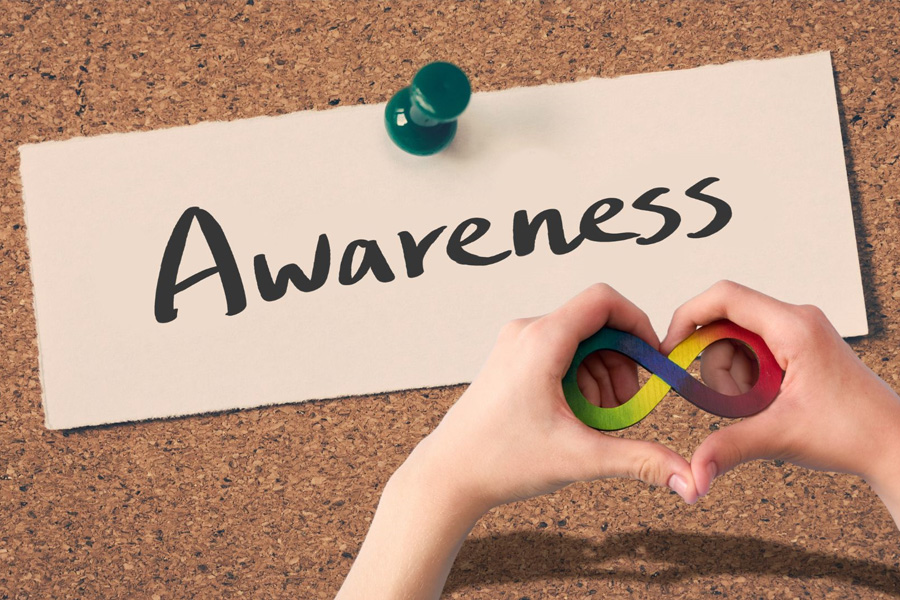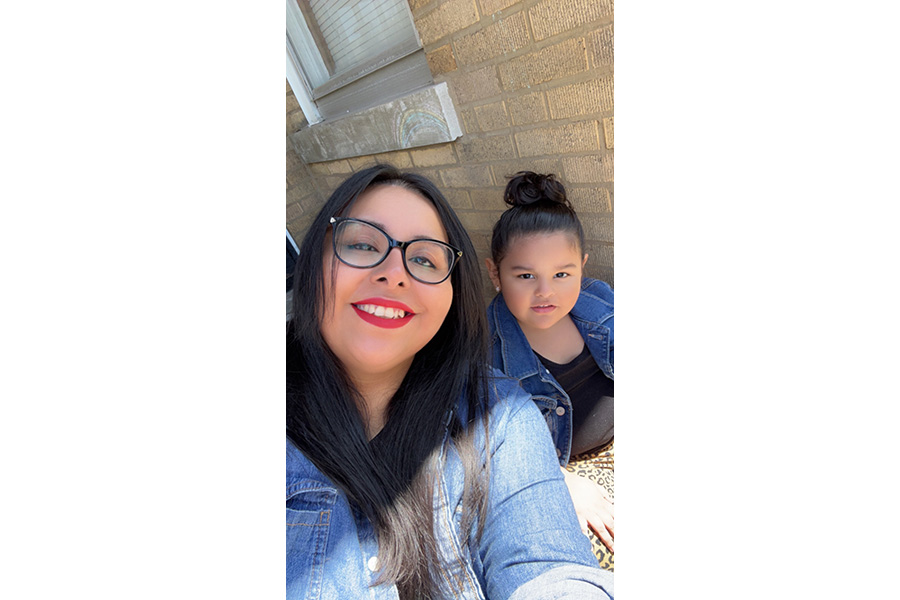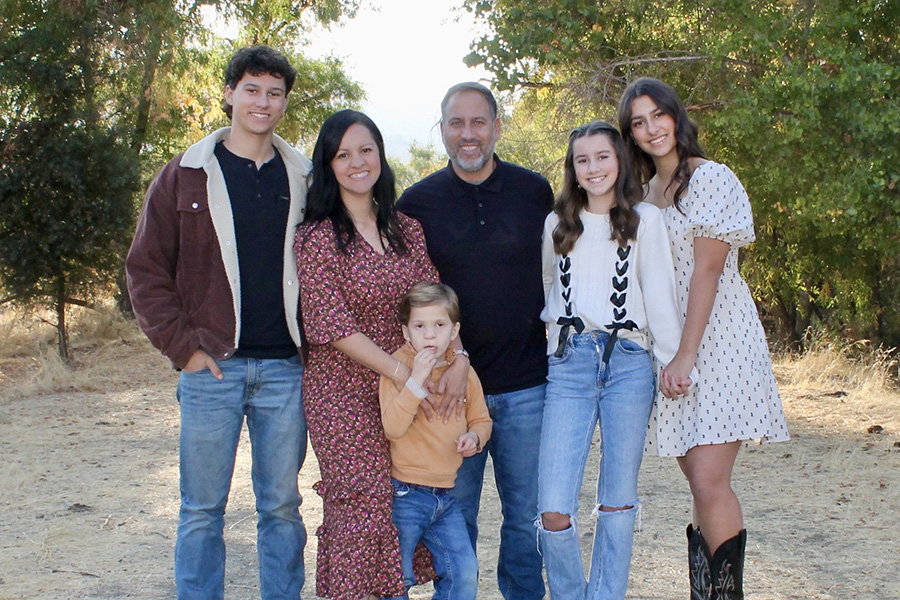Once a year, I begin the process of mentally and emotionally steeling myself for my son Charlie’s annual IEP evaluation at school. It’s usually March, when the buds on the trees pop and crocus determinedly push forth. Spring is a celebration of survival. We have made it through the dark and the cold. The world wakes up and stretches because good things are ahead. The IEP is my last hurdle before that deep sigh of relief.
Charlie’s third-grade year had been a good one. He had gotten assigned a new no-nonsense special education teacher who seemed to work well with him and intuit his needs. Same goes for his physical and occupational therapists. Given his recent successes with his speaking device and his reading comprehension and this new team, I wasn’t as wary approaching the meeting as I usually am. Typically, I come in with a lengthy list of talking points for more minutes spent on “x” or more one-on-one time with “y”. This year was different. As my husband and I sat in front of the computer screen and clicked on the Zoom, my list was short and my shoulders relaxed, for once.
IEPs are long. We have never clocked in at under an hour. Under two hours is a win. So as we entered the thirty minute mark, I was already scanning ahead. We were on page nine of forty-three. I had another meeting in an hour. So my mind was momentarily elsewhere until husband cleared his throat. I glanced at him. He lifted an eyebrow and pointed to the screen.
Under “Present Level of Performance – Teacher Observations” one of the aides had written: “In terms of toileting and personal hygiene, Charlie is unable to take care of many of his personal needs. He constantly has his hands/objects in his mouth which results in slobber going down his face.”
Charlie has cerebral palsy. He uses a wheelchair and a speaking device. He needs assistance feeding himself as well as with restroom care. But the description of “slobber going down his face” was unprofessional at best. It was both disrespectful and dehumanizing. I leaned into my husband. He leaned back into me. My heart double-thumped. I knew I couldn’t let it go. I was going to have say something.
I interrupted his special education teacher. Eight faces looked up from whatever else they were doing behind their screens. “We need to go back,” I said, my voice too quiet and then too loud. “This language is not okay. You need to change this.” I highlighted the section on the screen. “Charlie deserves to be spoken of with respect.” To her credit, his teacher jumped in with quick agreement, but it stayed with me the rest of the meeting. These people worked with Charlie on a daily basis. They cared for him in the literal sense, but also the emotional one. They liked him. I knew that. So why speak like that, as if he were an animal?
Language is a tricky thing. Charlie has special needs. Charlie is not “a special needs kid.” He uses a wheelchair. He is not “wheelchair bound.” Small changes matter. It reveals the priority and the motives of the speaker. Do you see my son first or his disability? Do you think his experience of life is less than an able-bodied person’s because of how he moves and communicates in the world?
During that IEP, I had been prepared to argue for Charlie’s accommodations, summer school, new feeding utensils – the typical things. I was not prepared to fight for his humanity. Nonetheless, I did, because we cannot stop fighting for understanding and empathy. Words reveal intention. Thoughtless words reveal thoughtlessness. Values leak out in the subtleties of talk. We must demand extra care and effort. Change cannot happen any other way.

Jamie Sumner is a special needs mom, author and blogger.
Website: Jamie-Sumner.com
Twitter: @jamiesumner_
Author of the middle-grade novels:
You may also be interested in:






